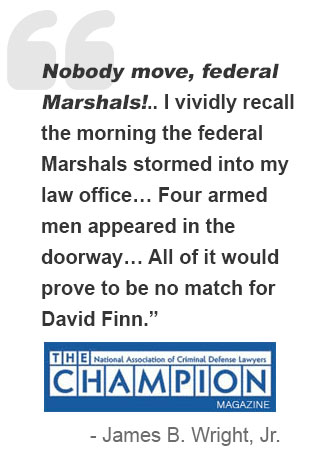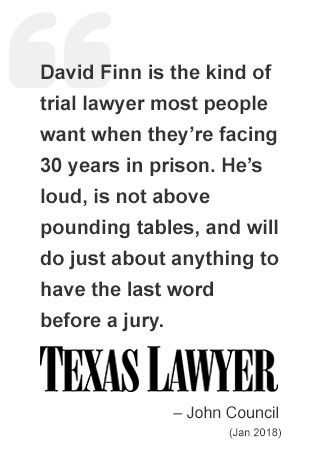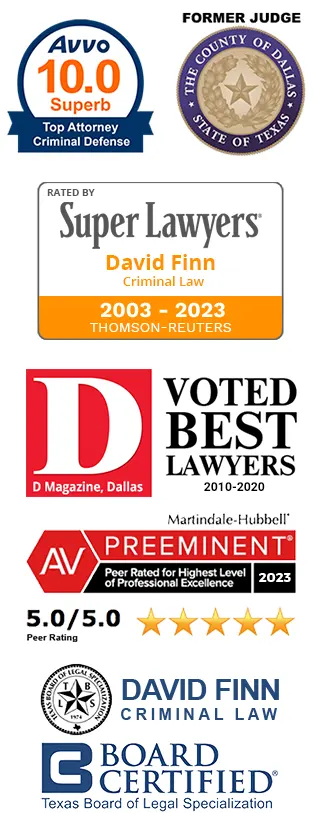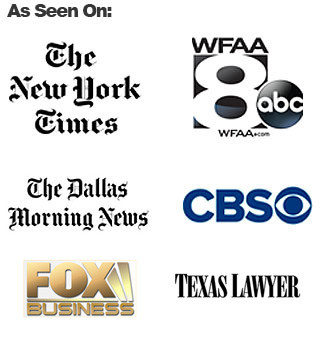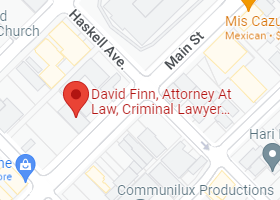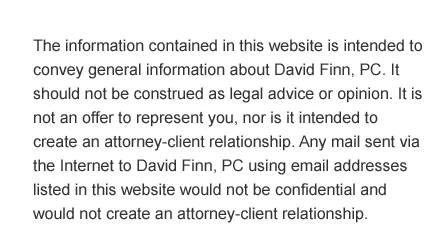


Deceptive Business Practices in Texas
Deceptive trade goes on when individuals or businesses intentionally mislead or entice the consumer to purchase a product or service. This includes holding back significant information that might have prevented the public from purchasing the product in the first place.
The Deceptive Trade Practices Act (DTPA) safeguards the buying public from persons and businesses who profit unfairly from dishonest tactics. Such illegal activities include breaching warranties for the wrong reasons, unconscionable acts of all sorts, and deceptive, untrue and misleading business practices. The DTPA is the Office of the Attorney General’s primary legal tool to protect Texas consumers.
Illegal Activities Under DTPA
Deceptive, untrue and misleading business practices
The following are some business activities that are considered as deceptive, untrue and misleading under the DTPA:
- Taking advantage of a consumer’s language difficulties or their inability to read
- Causing misconceptions and confusion about the source, certification, sponsorship, and approval of goods or service
- Deceptive representations or descriptions regarding the source of goods and service
- Promoting a product or service by deceitfully representing an individual as going out of business
- Expressed or implied representation that products or services have the quantities, benefits, uses, ingredients, approval, affiliation, or sponsorship that they don’t actually have
- Passing off the products as new or original if they are used, reconditioned, or deteriorated
- False representation of the style, value, quality, or standard of products or services
- Slandering or degrading the products or services of another person or business by false or misleading statements
- Using a pyramid scheme as a means of product promotion
- Taking advantage of a state of calamity by selling food, medicine, fuel, and other basic necessities at a very high price
- Disconnecting, resetting or turning back a vehicle’s odometer to cut down the number of miles
- Intentionally making false or deceptive statements of facts about the need for repair service, parts, or replacement
Unconscionable acts
An unconscionable act is defined by the DTPA as one where the seller takes advantage of consumers’ lack of knowledge, experience, ability, or mental capacity to an extremely unfair degree.
Breach of warranty
- Breach of express warranty. Most products have express warranties that are either written or verbal
- Breach of merchantability warranty. This means the product sold by the merchant did not work or function as expected.
- Breach of fitness warranty. The seller failed to provide products that suits the buyer’s need or intention.
Other forms of deceptive trade practices
- It is unlawful in Texas to make false advertisements concerning an advertiser’s product or another company’s product
- It is prohibited for a seller to lure customers to buy a particular product and convince them to purchase a similar item. The seller always ends up with the best deal in this “bait and switch” practice.
- The DTPA forbids sellers to list regular-priced items with a sale. This scam involves marking up the regular price of a product with the intention of making the consumer believe that they are getting a better deal.
- A scam where the service is stated as carried out, or parts have been replaced, when the service was not actually done or the parts not replaced
Penalties for unlawful business practices
Certain violations of the DTPA are classified as criminal acts and punishable as misdemeanor offenses in Texas. As an example, if a retailer fraudulently advertises that its business is about to close, or falsely represents itself as a wholesaler, it can be convicted of a misdemeanor punishable with fines ranging from $100 to $500. Other offenses, such as pyramid promotion schemes, are charged as a felony.
Talk to a lawyer
The Deceptive Trade Practices Act provides consumers the right to sue dishonest sellers or service providers for damages. If you or someone you know became a victim of illegal trade practices or deliberately misled by a seller, you have the right to sue for damages under the DTPA. If you prove that the seller intentionally deceived you and you win your lawsuit, the court may award you up to three times the amount of your financial damages.
You should consult a private attorney if you want to pursue an individual case covered by the DTPA. If you have been wrongly charged with deceptive business practice, on the other hand, have yourself protected by an experienced criminal defense lawyer. Since DTPA charges lead to huge penalties, a successful defense is vital to protecting your business and your reputation.
Contact us
The Deceptive Trade Practices Act can help victims of deceptive business practices recover economic damage as well as attorney’s fee (if the trial is in favor). However, you could be wrongly accused of a deceptive business practice. If this is the case, you’ll need to work with an experienced criminal defense attorney. A skilled lawyer will make every possible effort to ensure the prosecution fails in establishing their burden of proof against you.
It is crucial to have a qualified lawyer legally represent you as early in the process as possible. This will ensure that your rights are not violated while the case is under investigation.
Whether you’re the victim or the accused, you will need to get in touch with David Finn, P.C. today to fight for you and your rights. He will assist you with legal proceedings and defend you in court to get justice. Call (214) 974-3457 today.
Phone Numbers
Office: (214) 538-6629

